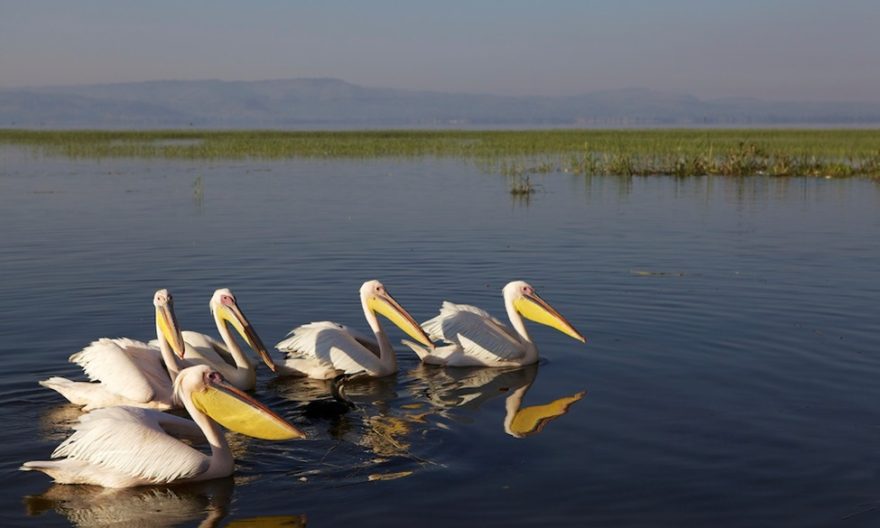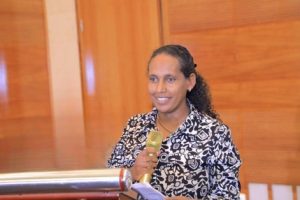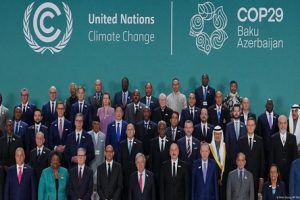
The lives of human beings are extremely attached to water bodies. Most commonly, a great number of populations reside in areas where water is abundant. Nowadays, thanks to the advancement of technologies, people have begun to live in dry areas as science and innovation have made easy use of the underground water.
In areas where people are densely populated, the water bodies are awfully polluted due to improper utilization of the resource. When the water is directly or indirectly exposed to pollution, the impact it would have is beyond our imagination. Especially the people who are in third-world countries do not properly understand the influence of polluting water bodies.
In connection with industry development, some reckless investors who invest in third-world countries are not managing industry chemicals properly. Instead, they simply run off into the rivers. As a result, the presence of harmful and undesirable chemicals in the environment will have a negative impact on living things and natural ecosystems.
Nowadays, water pollution has become a significant environmental issue in Ethiopia. As the nation’s population expands, so does its need for water, which raises pollution levels in water sources.
Ethiopia deals with a variety of water pollution issues because of increased modern industrialization and population development. This issue has become more serious, as pollution can negatively affect both the environment and human health.
As mentioned earlier, rivers become contaminated due to the release of chemicals from factories and other waste. The contaminated rivers directly flow into the lake without any treatment. As time goes by, the lake becomes dead due to its impurity and gives off some sort of bad aroma. The aquatic animals would no longer have a chance to stay alive. In the process, water bodies minimize their size and are finally dried.
Hawassa Lake, a pride of Hawassa City, is one of the lakes exposed to greater pollution due to the runoff of chemicals. Observing the challenge the lake faces, city administration, Hawassa University professionals, and others interested in the matter have been exerting efforts so as to preserve the lake from dehydration.
Protecting Lake Hawassa is a broad and inclusive multi-stakeholder collaboration platform established in 2017, currently facilitated by the NatuReS program to improve water security for people, businesses, and the environment in Hawassa, its lake, and its sub-catchment area. The partnership brings together private, public, and civil society organizations to address shared natural resource risks.
The Protecting Lake Hawassa (PLH) partnership in Ethiopia seeks to improve water security for the residents and businesses established around Lake Hawassa.
The partnership sought to reduce sedimentation in the lake by undertaking afforestation and soil erosion control (ASEC), which planted trees in the upper catchment area of the lake. As part of this project, the partnership created a task force to develop a strategy to reduce sedimentation and soil erosion.
The team identified sites for afforestation and consulted with communities to understand how they might improve the livelihoods of communities that depended on farming and small-scale commercial forestry (for charcoal) on the land needed for afforestation. The team took this step to ensure that local communities would not be adversely impacted by the loss of cropland for afforestation.
The task force included the district offices Hawassa Zuria Woreda (SNNP Region) and Shalla Woreda (Oromia Region) in their activities so that these offices could maintain the work longer-term. The partnership trained district office experts and communities on how to conserve soil and water.
To support the community, the partnership provided nursery fruit trees, introduced poultry and beekeeping, and promoted water harvesting technology to reduce dependency on farming in the upper catchment area of Lake Hawassa.
To raise awareness in the local community about how poor solid waste management can impact local water supply, the partnership organized a half marathon in Hawassa with a trash collection event the day before. They also organized smaller activities in the industrial park, including jerry cans with educational messages, and created an essay competition for local schools on the benefits of protecting Lake Hawassa.
Mekdes Huriso is the Culture, Tourism, and Sport Department Head of Hawassa City. She recently told the Ethiopian Press Agency (EPA) that her bureau, in collaboration with stakeholders, is working to preserve the lake by preventing waste from entering Lake Hawassa, based on the study conducted.
The bureau, together with the intended bodies, would work on safeguarding the lake, which is the natural treasure of the city and the nation as well. So far, the city administration has been conducting bids for planned activities to divert floods from entering the lake, she stated.
A recent study on the lake indicated that sedimentation, industrial chemicals, and fertilizers are washing into the lake due to the removal of old trees from the surroundings. Considering it is a long-awaited challenge, the city administration has planned to resolve the quandary by carrying out a study that is expected to bring a lasting solution, she expressed.
As the lake encompasses both Sidama and Oromia states, they must work hand in hand to solve the challenges that the lake encountered, she said, adding that her department has planned to involve all actors, including the surrounding communities, fishermen, boat builders, and farmers, regarding the protection activities.
Mekdes noted that significant development would be achieved if all stakeholders were committed to contributing to the conservation process, considering the enduring advantages of the lake. She also called on the Hawassa city residents to play their due role in preventing waste from polluting the lake.
The task of conserving Hawassa Lake and other water bodies should not be succeeded by the efforts of government bodies. The society at large and others who are interested in the matter should also throw a pebble.
BY GIRMACHEW GASHAW
The Ethiopian Herald April 7/2024





